Let’s get this out there. I am not perfect in any of these ways in conserving the planet. But being aware has made me start to make changes. I read a quote on Instagram and can’t find it now. But it went along the lines of “Don’t shame the person who stopped buying plastic water bottles but still forgets her reusable grocery bags.” If you are making any of these steps to conserve the planet you are doing awesome!!! I started this list because I get asked daily over on Instagram “what was that laundry detergent that doesn’t have plastic??” So I thought a blog post was in order (BTW- it is Dropps, you will see below).
I have 15 ways to conserve the planet and in turn save you money too!!! Eco friendly and thrifty! I shared on another blog post how I don’t buy paper towels. I haven’t probably over 10+ years. I just felt like it was so wasteful to the earth and also like tossing money in the garbage. So I cut up old tee-shirts and use that to clean with. There are so many easy changes we can all make, that maybe you haven’t thought of….yet!
Thank you Dropps for sponsoring this post
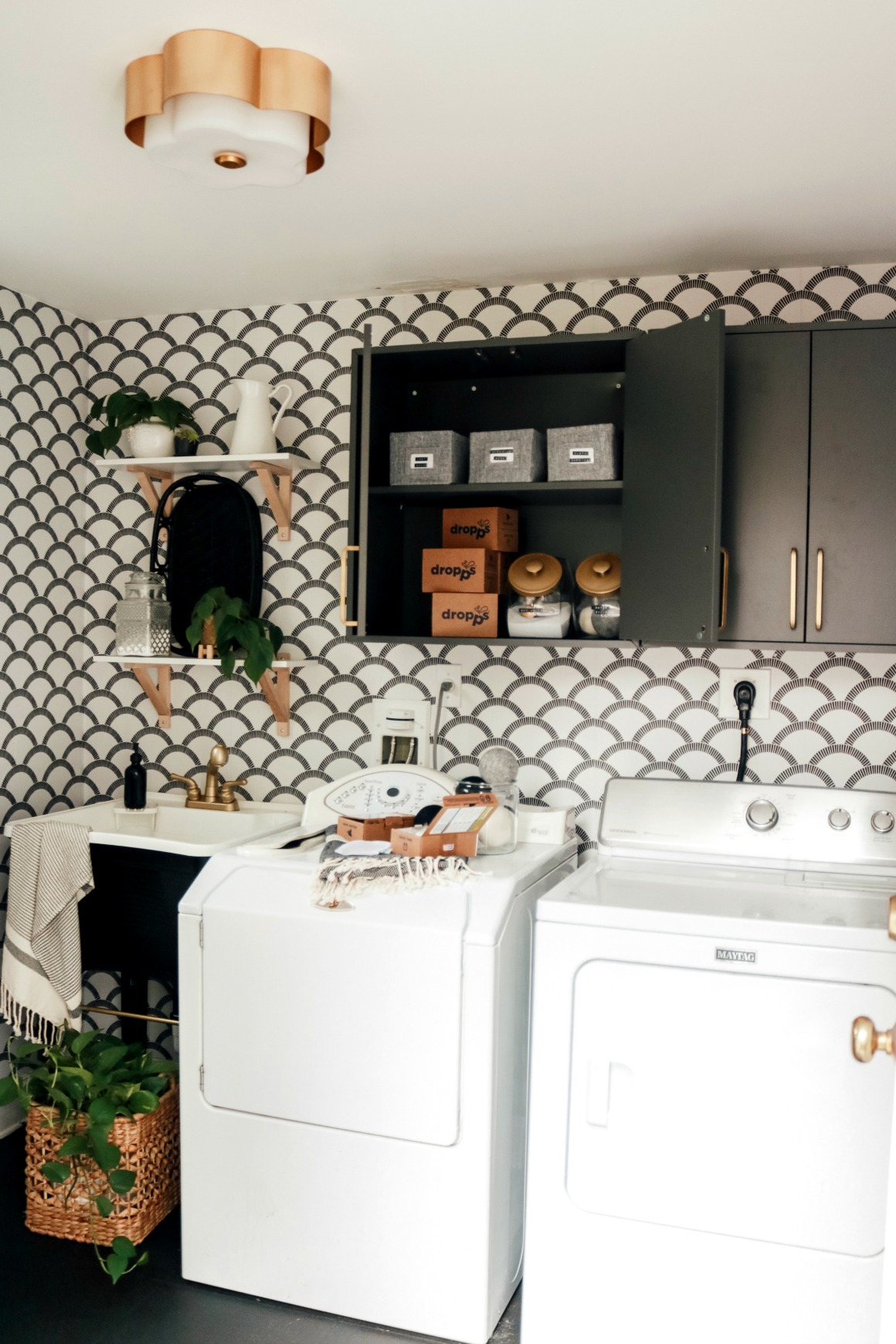
1. Opt out of junk mail
- This seems like an obvious one. But it is hard to set aside to do this!! So one day this month take the time to call and opt out or google how to store getting ads from businesses. (Good task for a middle-school or high-school kid!)
2. Switch to non-toxic cleaning product
- Not only is the toxic cleaner you are using is effecting your health, but some of the cleaners that are used to sanitize, degrease, whiten and wash clothing, surfaces, dishes and bedding are also harming our water and air. The chemicals in many cleaners are common pollutants that contribute to smog, reduce the quality of drinking water and are toxic to animals. Dropps also offers dishwasher detergent pods. Dropps is free of artificial colorants, dyes and synthetic fragrances. Look for natural detergent pods that are biodegradable, like Dropps. (Order some HERE, I like the unscented, use code HOME30 for 30% off your first purchase).
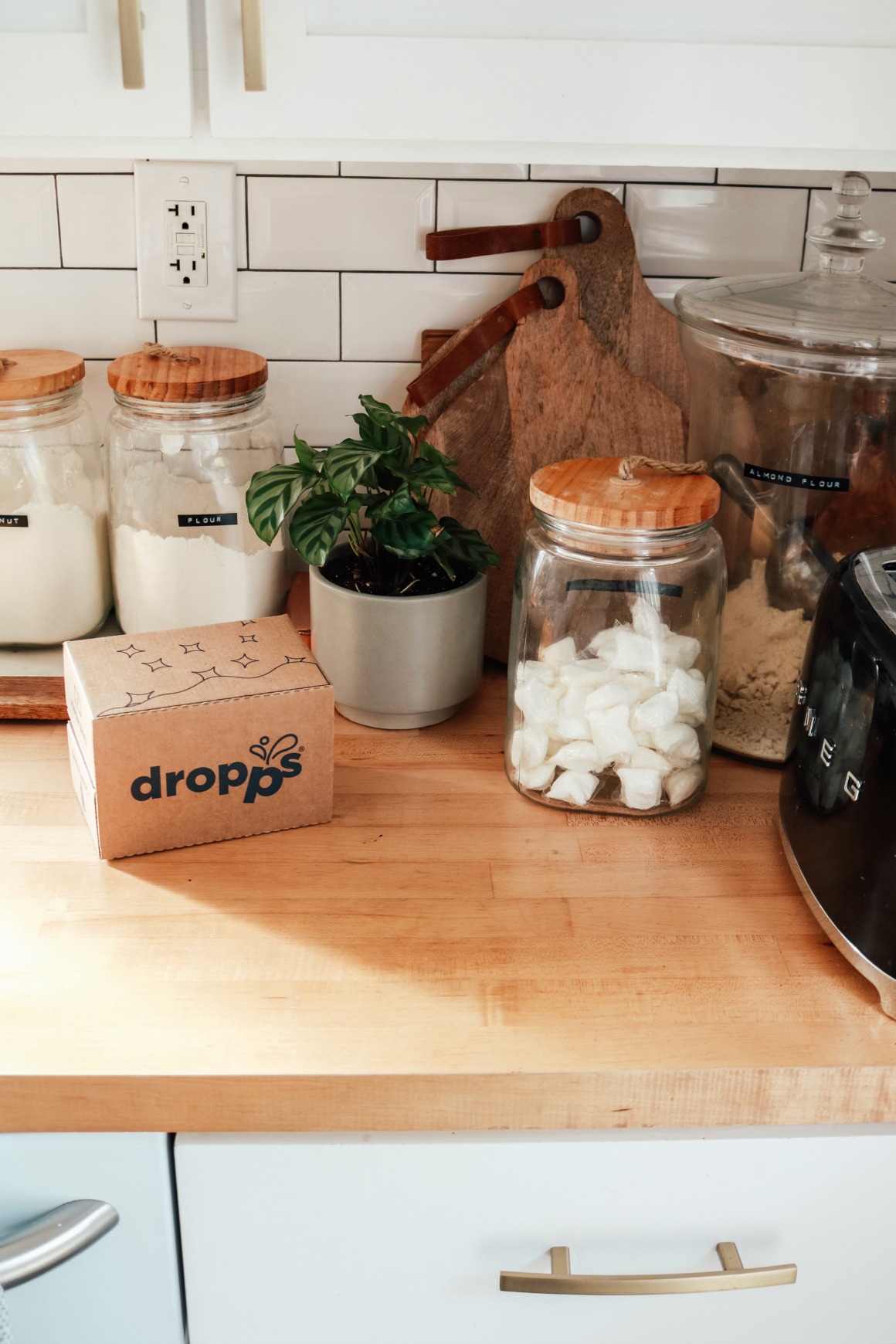
3. Change your air filters
- By keeping your air filter clean and in good condition, save up to 15% on utility costs. To the above point on energy wastage, failing to clean and replace your air filter on a regular basis is failing the environment. An air filter that is clogged means a harder working HVAC system, thus it also means a lot of carbon monoxide and other greenhouse gasses by extension being released. Going green and running your home in an eco-friendly manner need not necessarily mean bending over backwards and giving up all forms of comfort. Something as simple as changing an air filter regularly can go a long way in making a difference.
4. Change laundry detergent to non-toxic and plastic free
- You could make your own laundry detergent (anyone?). OR Dropps offers effective, plant-based cleaning products by eliminating excess water, additives, artificial colors, and animal testing. They’re delivered direct to your door in eco-responsible recyclable & compostable packaging. Good for you, good for the environment. My favorite is that they offer unscented HERE.
- Traditional liquid laundry detergents are usually packaged in high density polyethylene (HDPE plastic jugs). A shocking 68% of these bottles are not recycled, and contribute to the approximately 275 metric tons of plastic waste generated on land that goes into our oceans and waterways annually.
- Dropps ships direct to your door in a 100% recyclable, and compostable cardboard box. Way less plastic, space, and waste. Shipping is always free – (I have a coupon code to share with my friends- HOME30 30% off your first purchase. Save even more when you subscribe and save an additional 20% on every shipment).
- And also consider getting half dose pods (from Dropps- called Small Loads) for hand washing fine fabrics, swimwear, intimates and for those small, frequent wash loads (think baby clothes & stinky, sweaty gym clothes). Dropps Small Loads are perfectly dosed for a convenient, mess free and cost effective solution for smaller washing machines too.
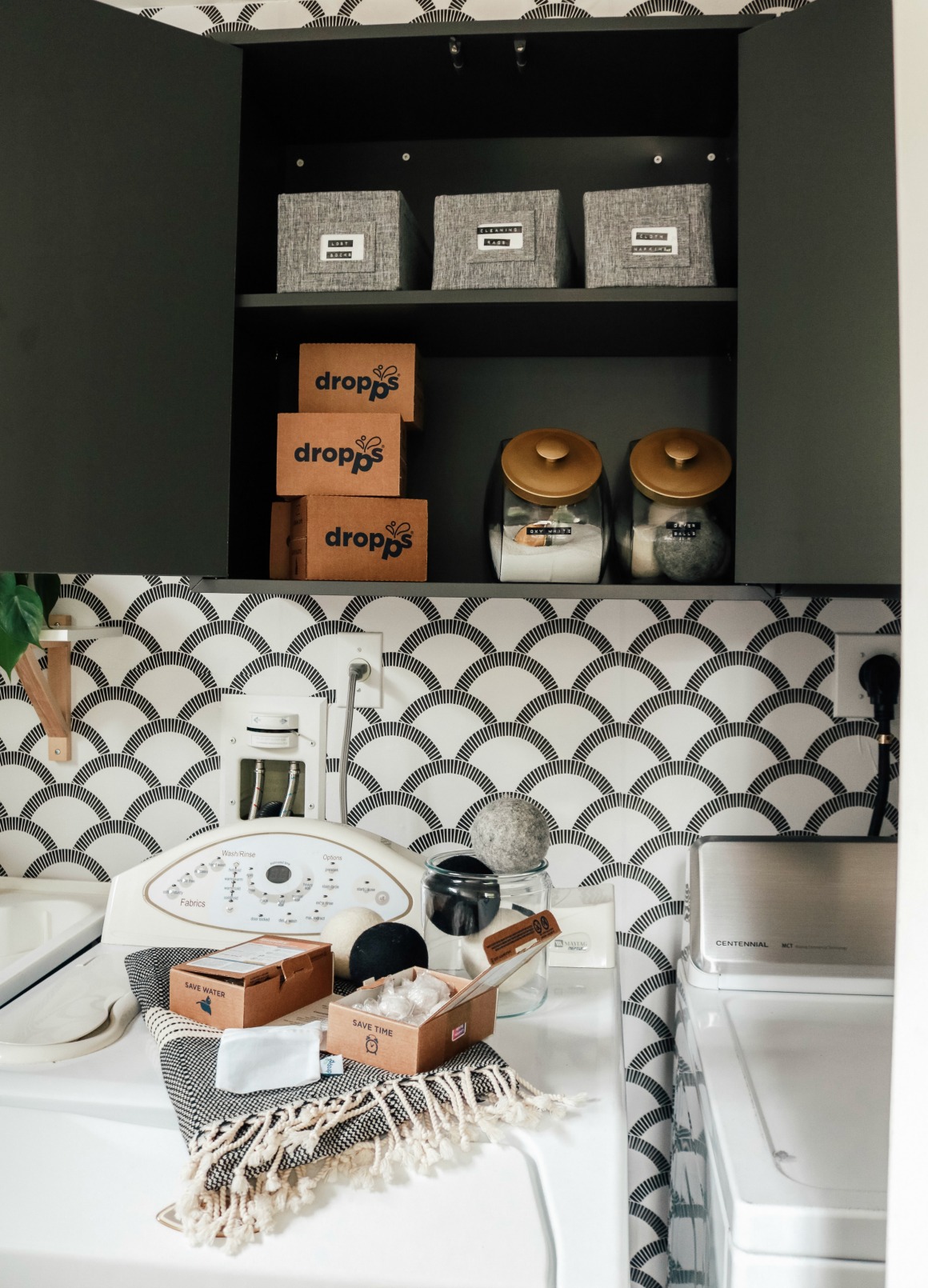
5. Buy and use reusable water bottles
- 50 billion water bottles are used annually in the US, costing 17 million barrels of crude oil. Plastic isn’t just bad for the planet, it’s bad for your bloodstream too. Many studies show that polycarbonate plastic, a type of plastic used in many household and food products, gradually leaks a chemical called bisphenol-A (BPA) into the foods and liquids that are stored in containers made from this material. Only 23% are being recycled. The chemicals released by these plastics can alter hormones and have other negative effects. Animals are also affected by the chemicals and can be permanently injured or die as a result of the poison.
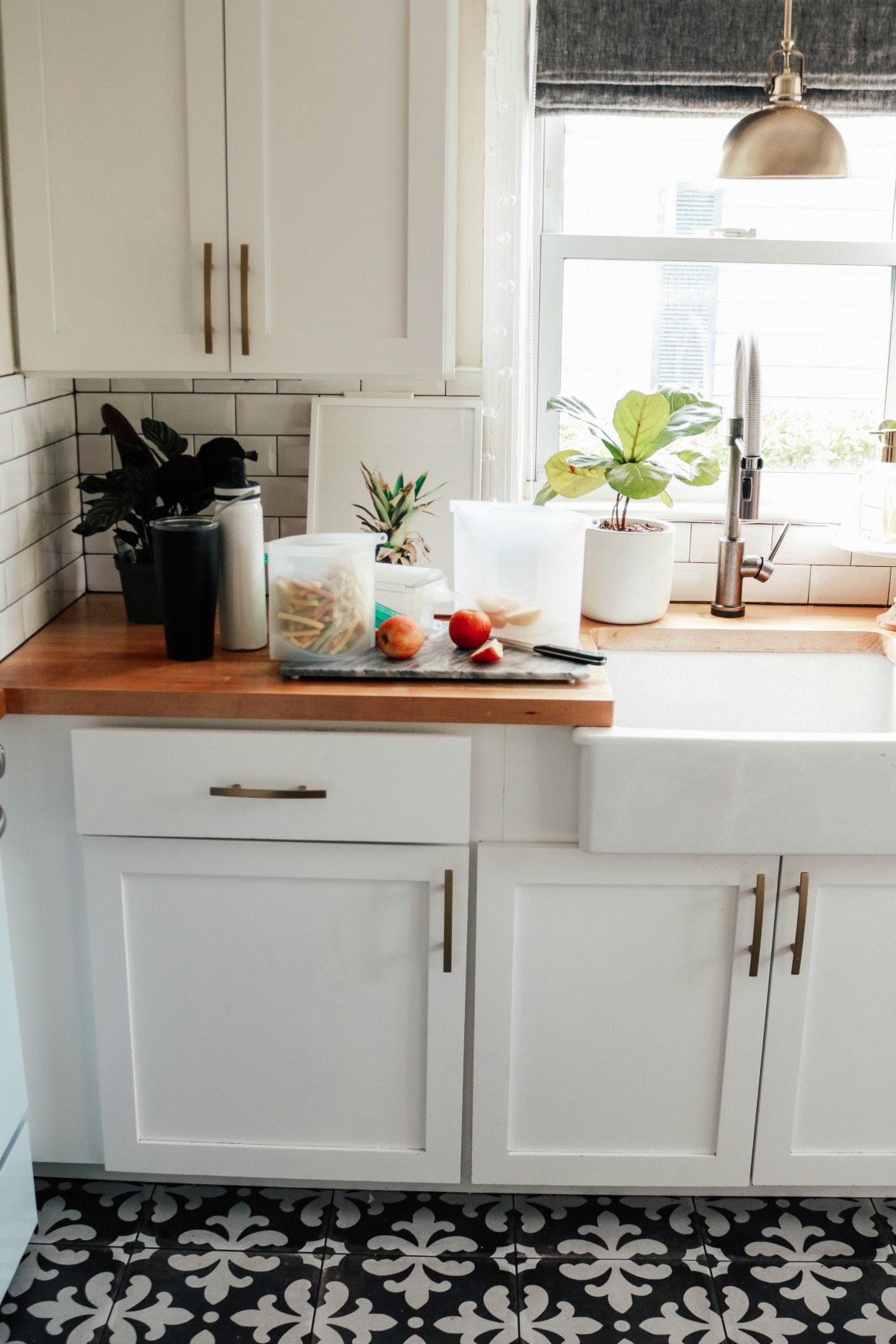
6. Buy and use reusable silicone bags
- I LOVE reusable silicone bags so much. We try to not buy plastic zip-lock bags. I love that we can wash and re-use these silicone bags. Plus they work great in the freezer too. No more keeping food in toxic plastic!
7. Vacuum the coils behind your fridge
- It takes a little bit of time and effort to clean your refrigerator coils, but it is time well spent. The average refrigerator uses approximately 15 percent of a home’s total electric. A refrigerator with dirty coils can use up to 25 percent more energy as it needs to work harder and run longer to keep the inside cool. To avoid excess energy usage and a costly replacement or repair, get in the habit of cleaning your refrigerator coils on a regular basis.
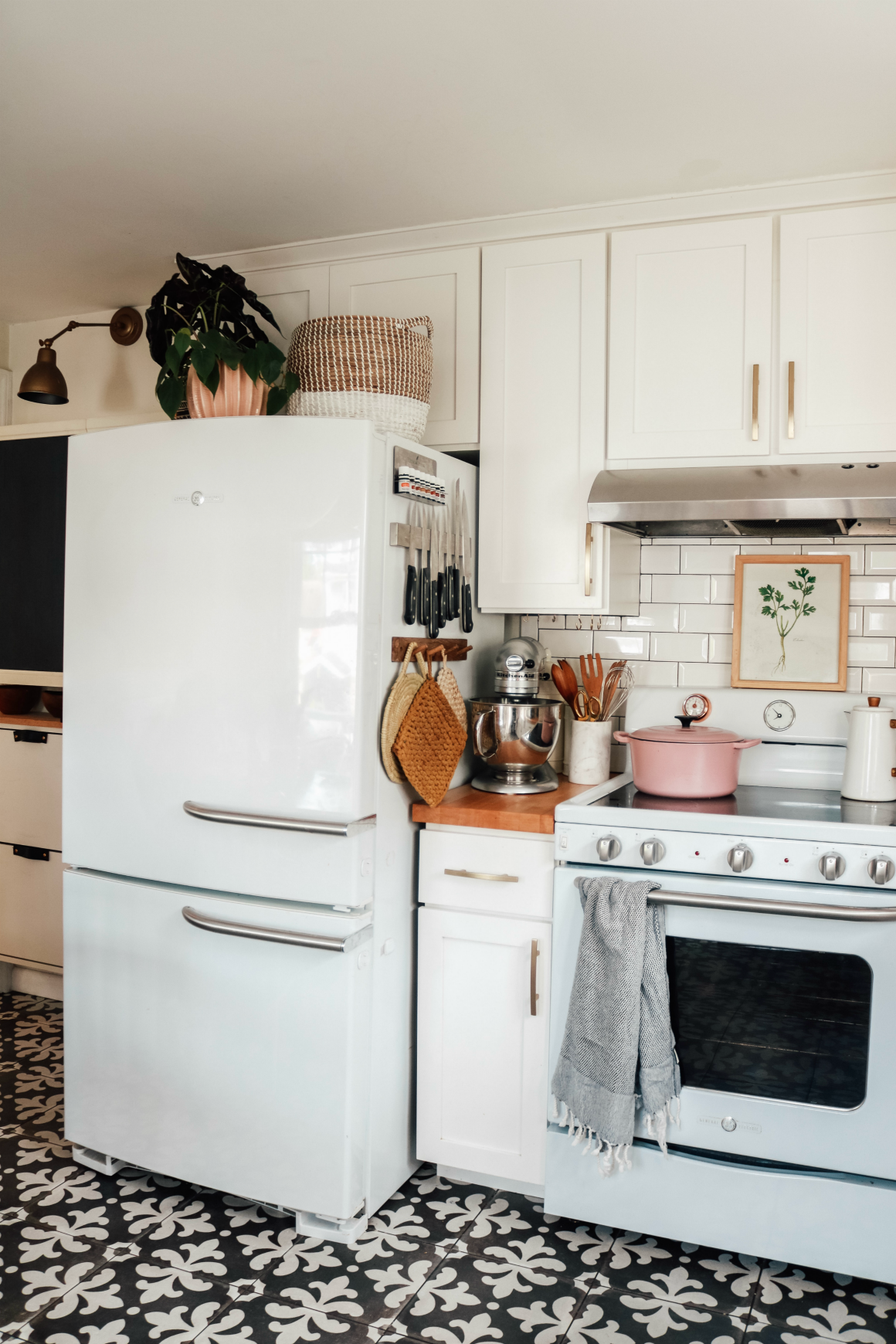
8. Go through your home- switch and ditch plastic and recycle wherever you can
- Is there something you regularly buy that you could change to a more eco friendly option? Plastic milk containers? Oversized plastic shampoo bottles? Or even try to recycle where ever you can. I noticed we kept tossing the cardboard into the trash from the toilet paper role. I would go through and pull out what I could see to recycle. But now we just put the cardboard to the toilet paper in the same basket as the full toilet paper!
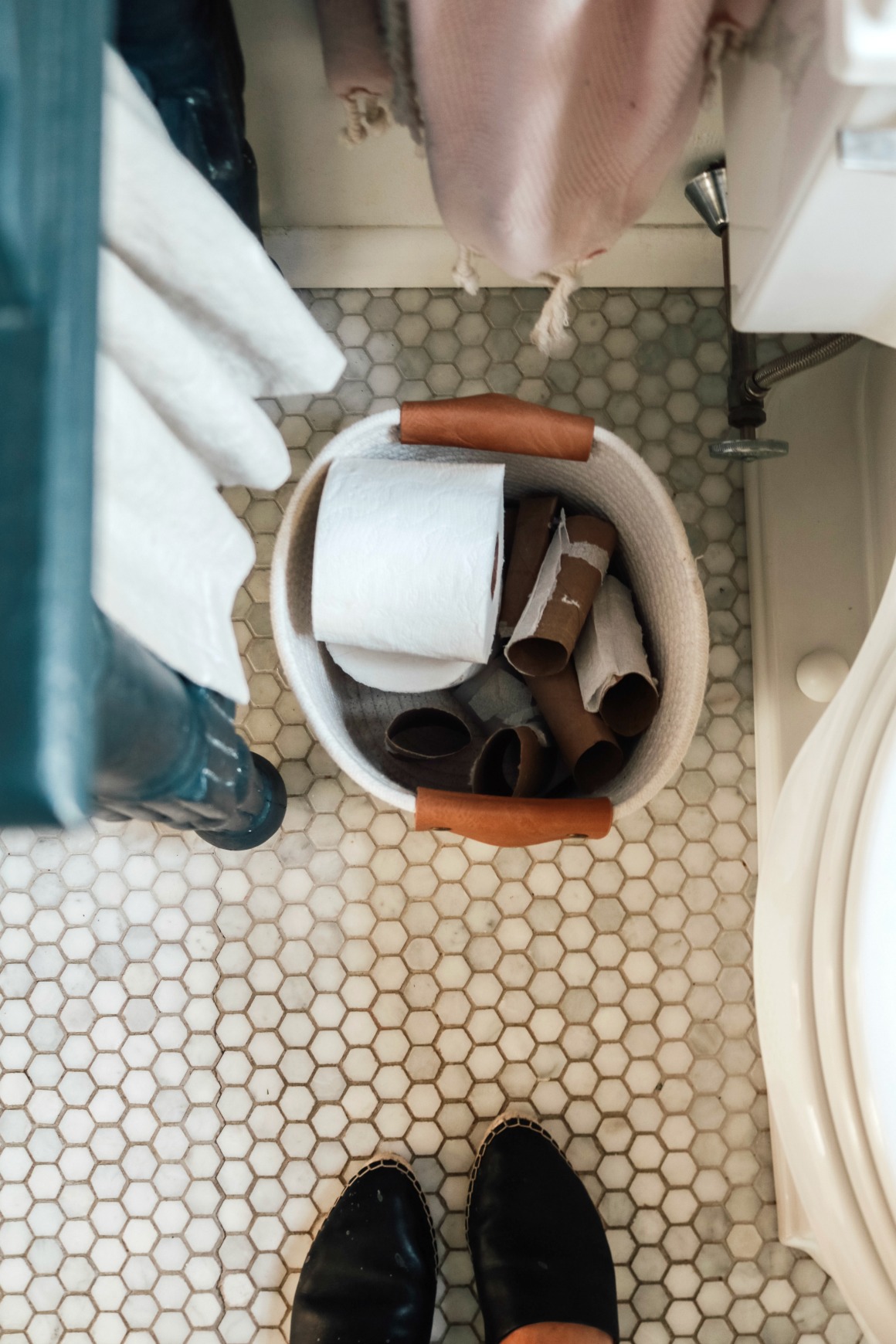
9. Switch to bar soap over plastic containers with body wash
- This might be a stretch for some. The point is to look at what you purchase with new eyes! I had made the switch to mostly bar soap, mainly because I found non-toxic bar soap to be the best and my kids pour body wash out like it is water (also changing your body wash to a glass jar with a pump and adding a little distilled water is another option). But after I shared that I was using bar soap on Instagram someone said how it also is eco friendly because you are cutting out plastic! She made a very good point I hadn’t even thought of when I switched to bar soap. New eyes.
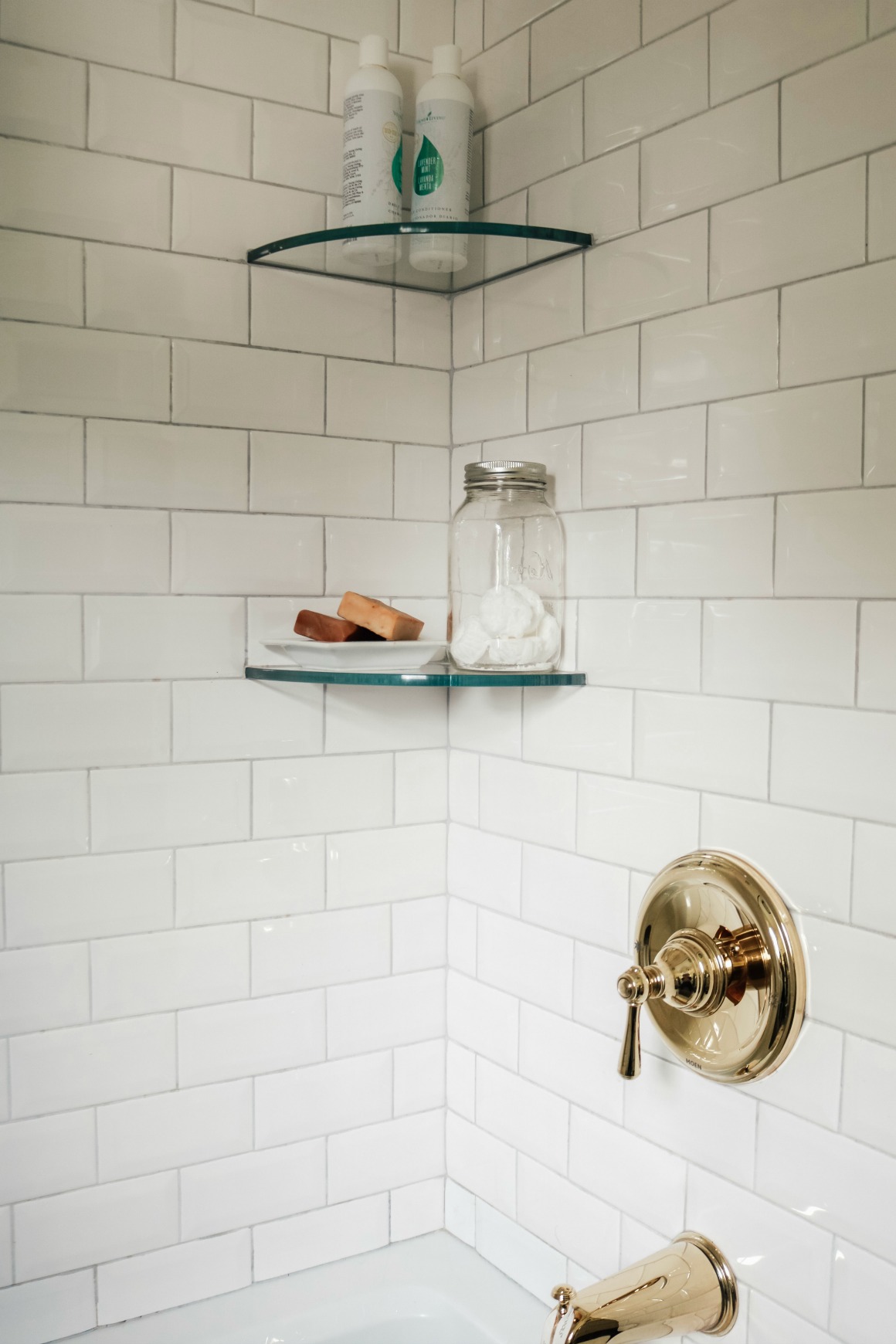
10. Replace incandescent lightbulbs as they burn out with CFLS or LEDS
- Lighting accounts for about 5 percent of the average household’s electric bill, says the U.S. Department of Energy. Electricity use generates about 40 percent of emissions in the D.C. region. These harmful gases contribute to air pollution, and they are one of the causes of global warming. You can save $75 a year by replacing your five most frequently used bulbs with an LED or CFL with the ENERGY STAR label.
11. Stop Using Toxic Dryer Sheets-
- Reduce drying time and conserve energy with Dropps extra-large reusable dryer balls. Not to mention how toxic Gentle, soft dryer balls reduce wrinkles and ensure that clothing is snag-free.
- Softeners work by coating your clothes with a thin layer of potentially toxic chemicals, such as quantenary ammonium salts. These can cause skin irritation, respiratory problems and headaches. This information is so new to me! I have been using THESE Wool Dryer Balls for about a year and have been completely happy with the results. A reader told me that you can use white vinegar in the laundry room as a natural fabric softener. … A half-cup of white vinegar when added to the final rinse, on the other hand, will soften fabrics and leave no residue at all.
- Plus dryer double as home decor!
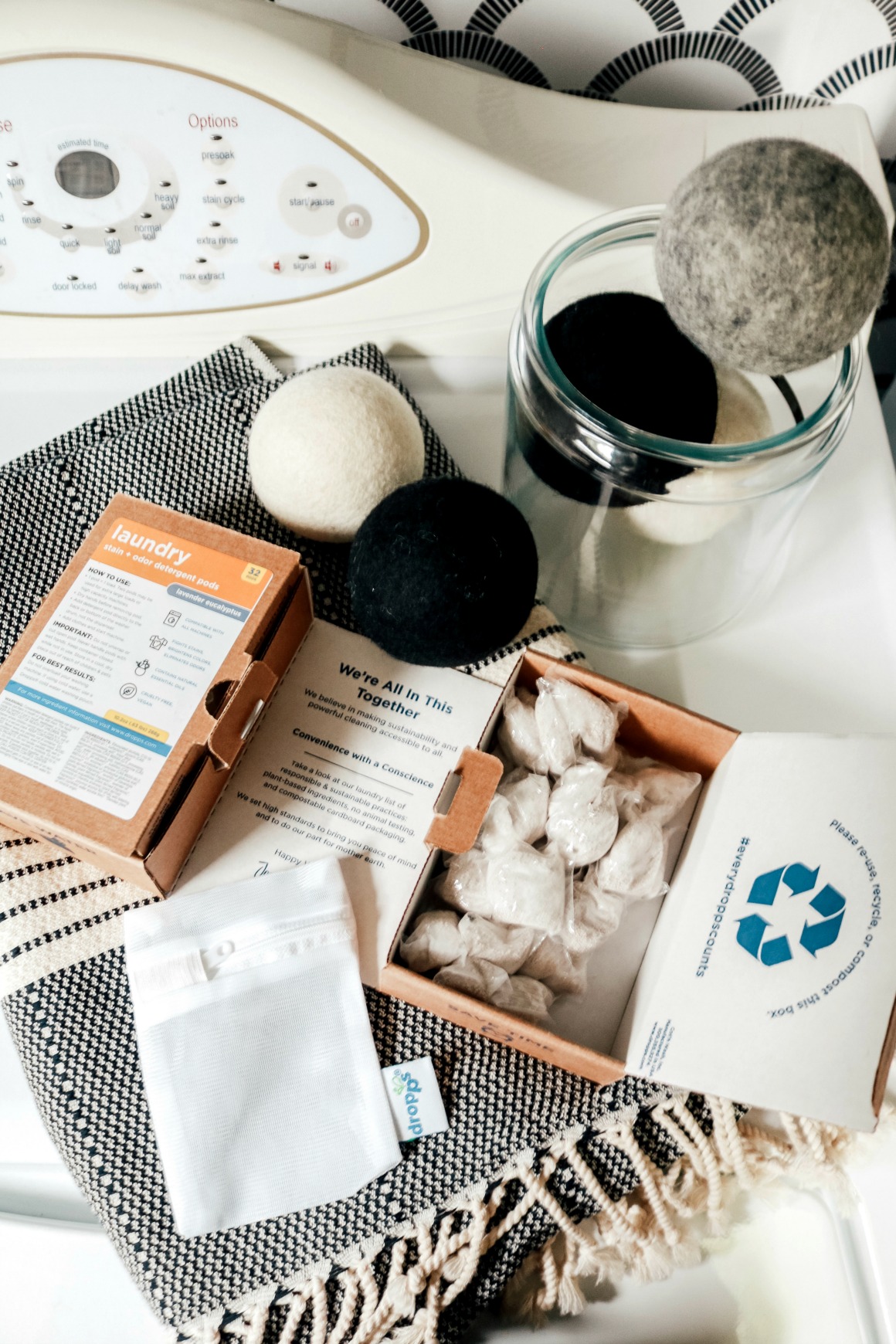
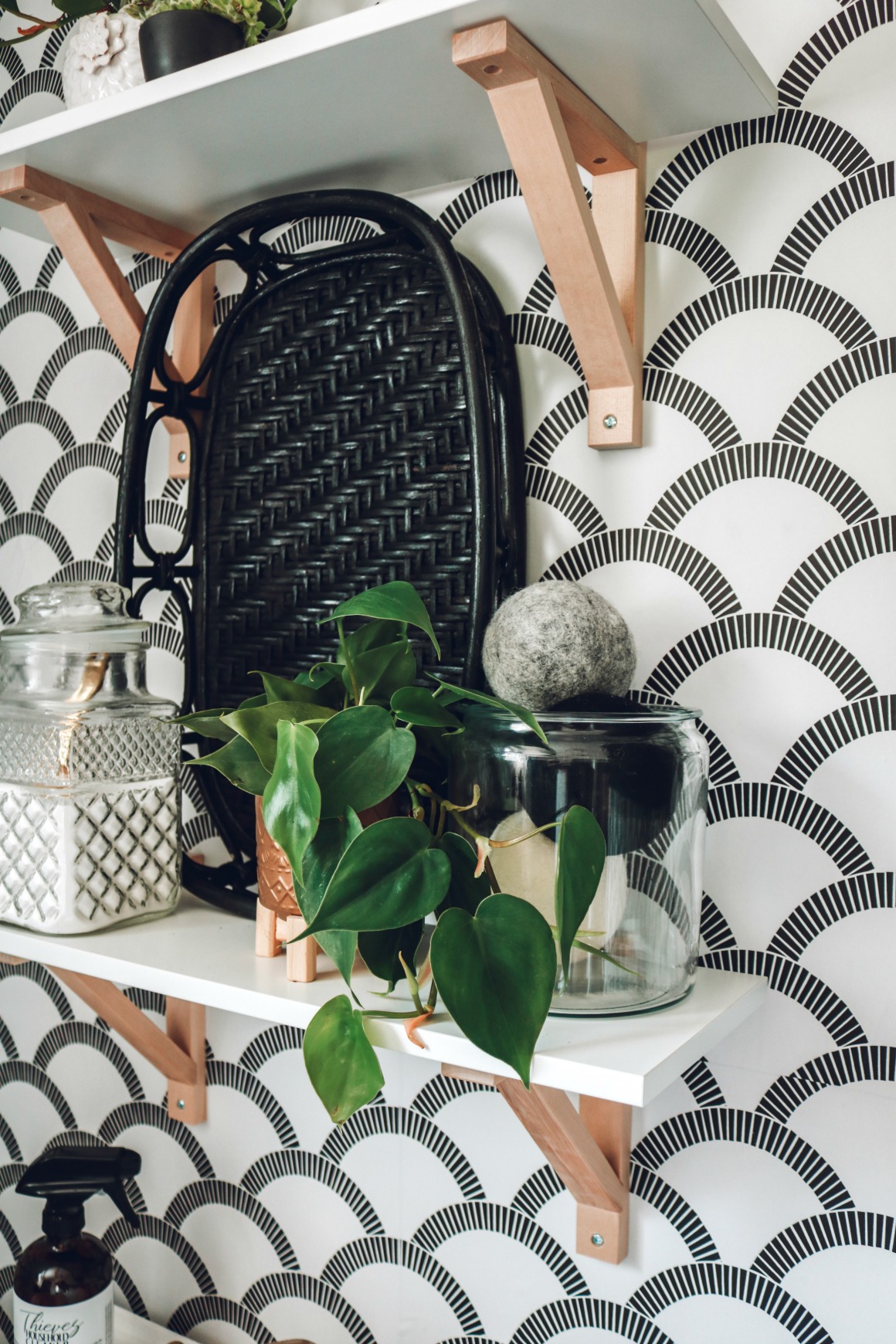
12. Put bags in your car for groceries
- I am not the best at this. At all. Because I re-use the plastic bags I get from Target as my garbage can liners in my bathroom upstairs. BUT I decided I don’t need it. I can simply dump the can into the large garbage once a week. According to Reusethisbag.com, 100 BILLION new plastic bags are used every year – and that´s just in the US. Imagine how many are used worldwide. Plastic bags are a menace to wildlife. Animals can get caught up in the handles, and sea creatures often swallow plastic bags, which obviously proves fatal. Every person that stops using plastic bags and switches to reusable bags helps reduce the risk to wildlife.
13. Buy groceries and other office essentials online
- Delivery trucks produce less carbon dioxide than personal vehicles. And not to mention saves you SO much time. Plus saves you money from buying random things not on your list. Anyone else have that problem at Target??
14. Try Meatless Monday
- I had no clue that going meatless one day a week is considered “echo friendly”! Did you? We are going to start doing it in our home. Lowering your intake of meat makes a notable environmental impact. According to extensive research, if everyone went vegetarian for just one day, the U.S would save 100 billion gallons of water, and we would reduce greenhouse gas emissions by 1.2 million tons of carbon dioxide. According to Environmental Defense, if every American skipped substituted vegetarian food for chicken for one meal a week, the carbon dioxide savings would be equivalent to taking more than half a million cars off of U.S. roads.
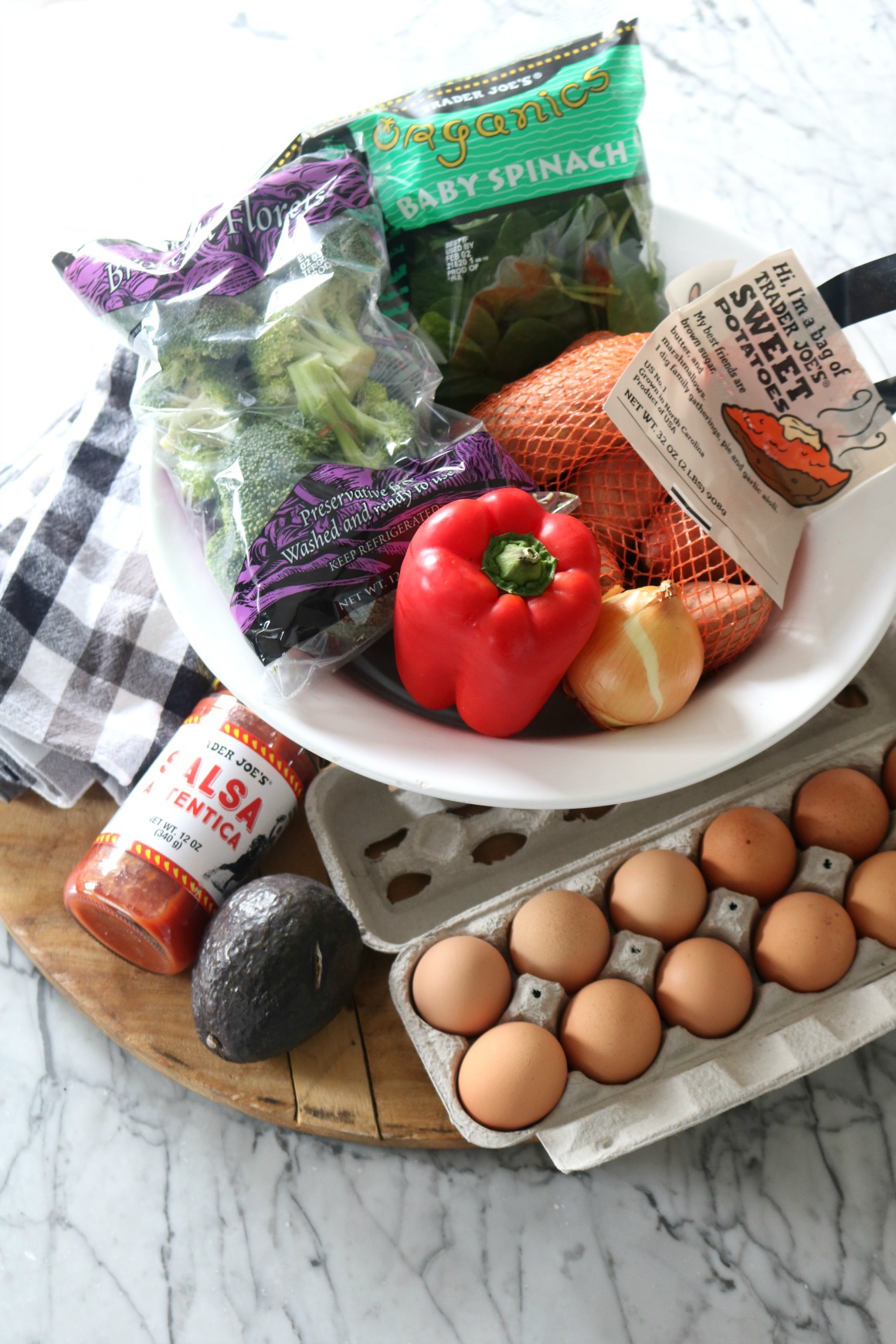
15. Don’t buy or buy less of single-packaged items like apple sauce squeeze or snack packs
- I am really going to work on this one! Finn loves apple sauce as a snack, so the connivance of the grab and go apple squeeze are great. But when we are home I really don’t want him to use them, that could be our stepping stone! I can easily scoop apple sauce out of a glass jar for him. We already don’t buy any single serve items like little chip bags etc. instead I buy a large bag of something and we put them in silicone bags. Plus pre-packaged food tends to be processed and not very good for you (with some exceptions, like apple sauce etc.) We try to buy real food with whole ingredients. Not only is it great from a health perspective, it’s also great from a savings perspective! I read on a blog post awhile ago that said something like, If anyone asked me for diet advice, I’d tell them to go zero waste. When you can’t buy food in a package, you’re buying whole fresh ingredients!
Take a month and you can have an Eco-Friendly Home with our Check list! Print it HERE
And don’t forget to check out Dropps- my favorite detergent they offer is THIS- Unscented Pods. They end up costing 17 cents per load!!! Absolutely love that they are compact too. (Best value is to subscribe and save. Plus use HOME30 for 30% off!
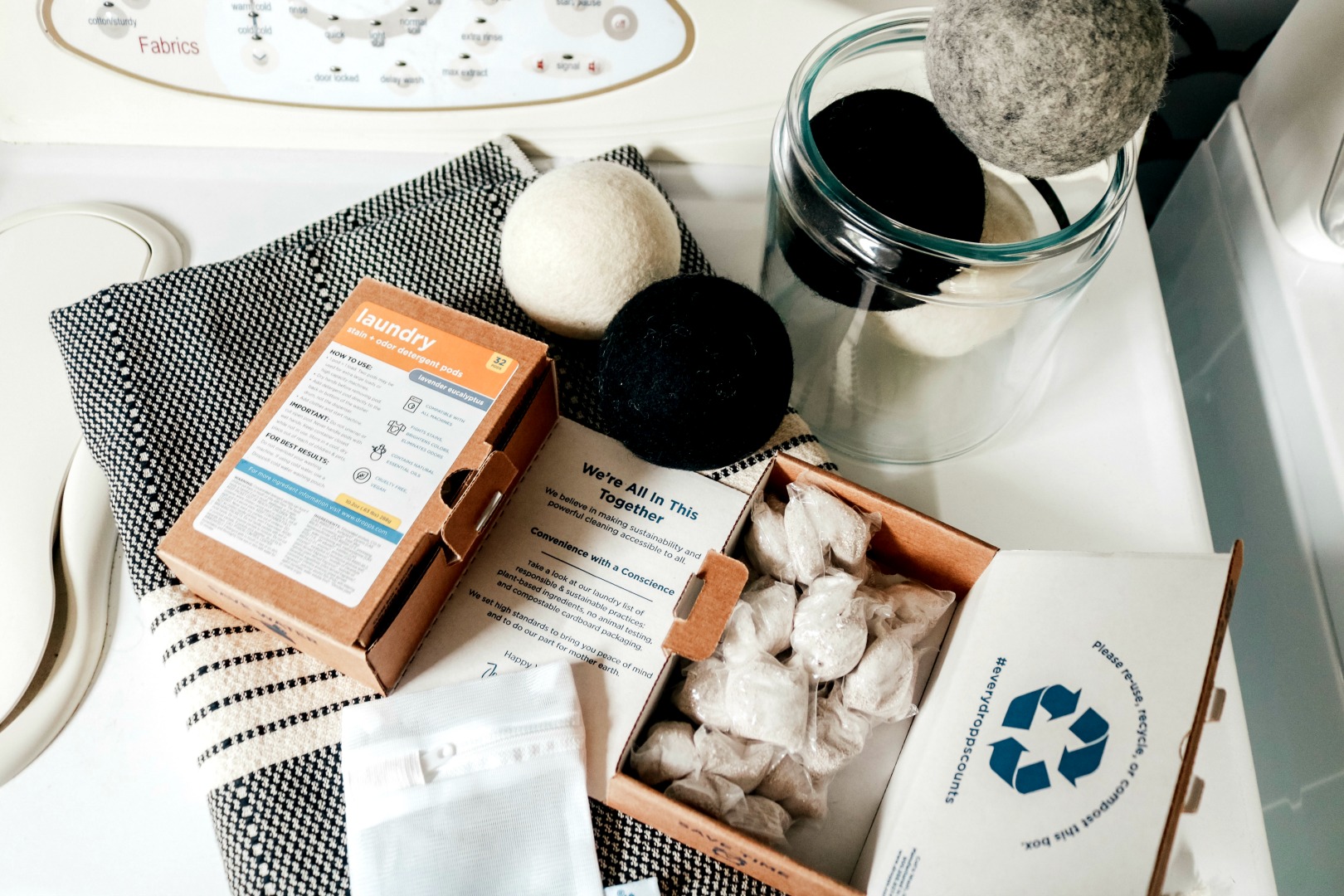
Keep Reading- “10 Things you could Ditch in your Home”
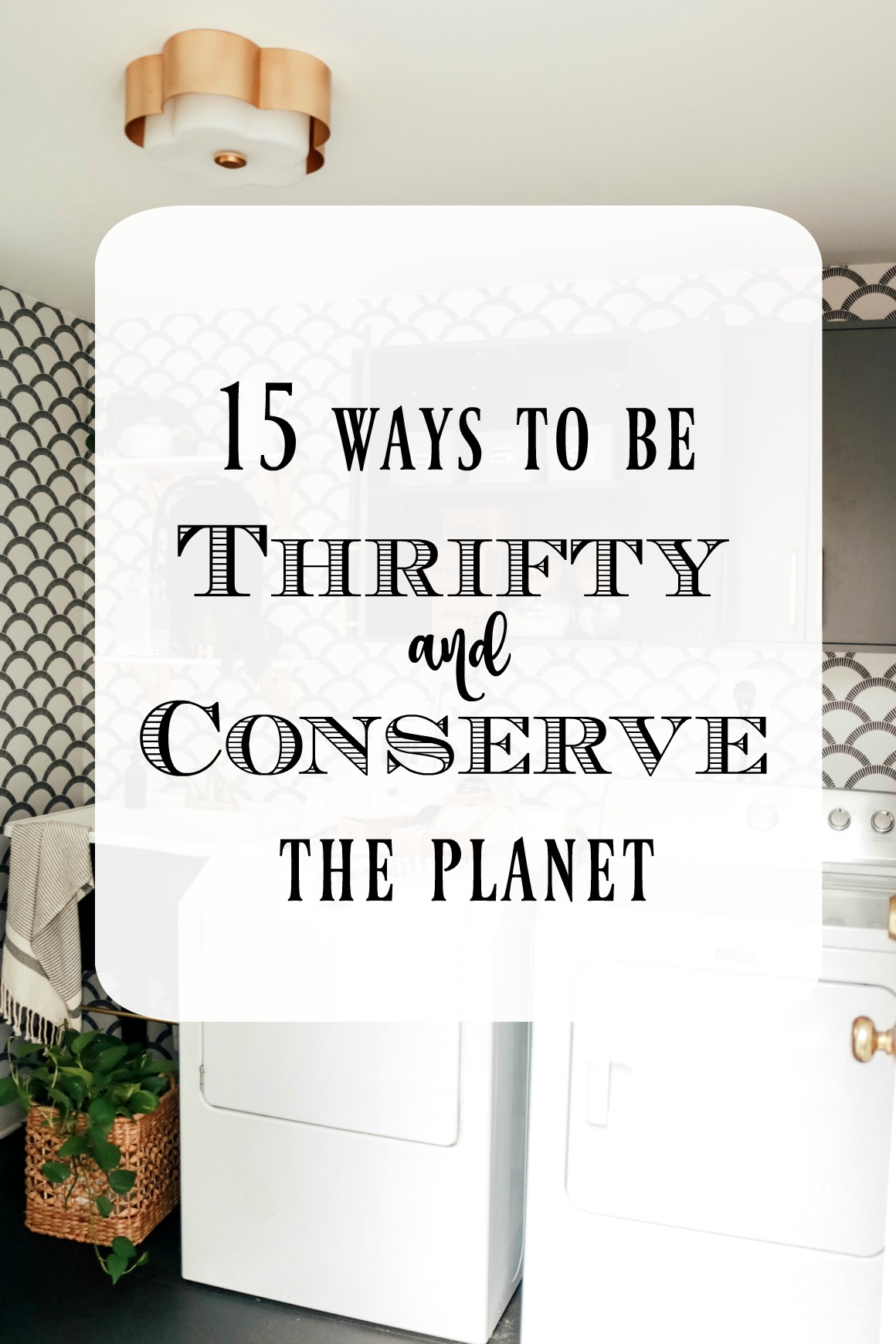
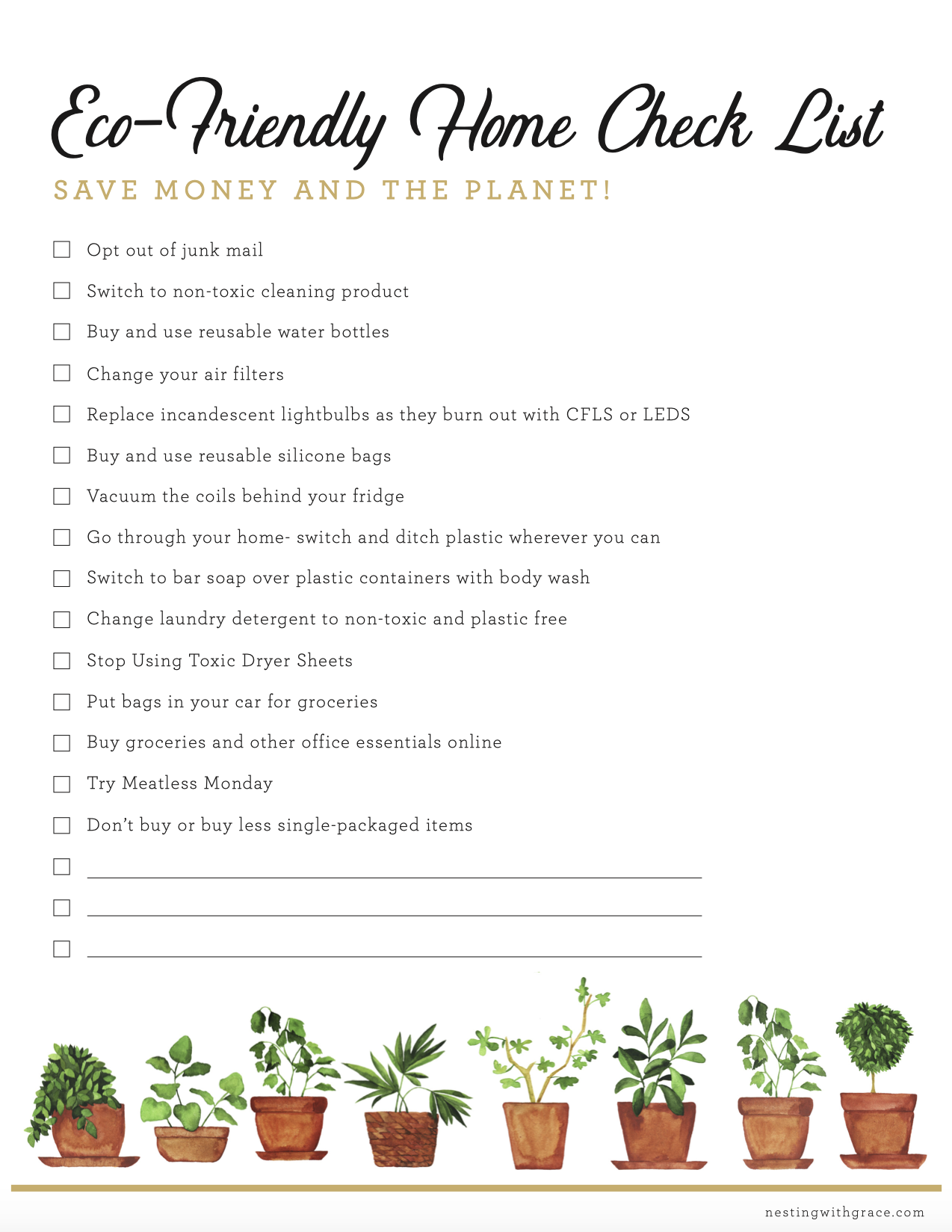

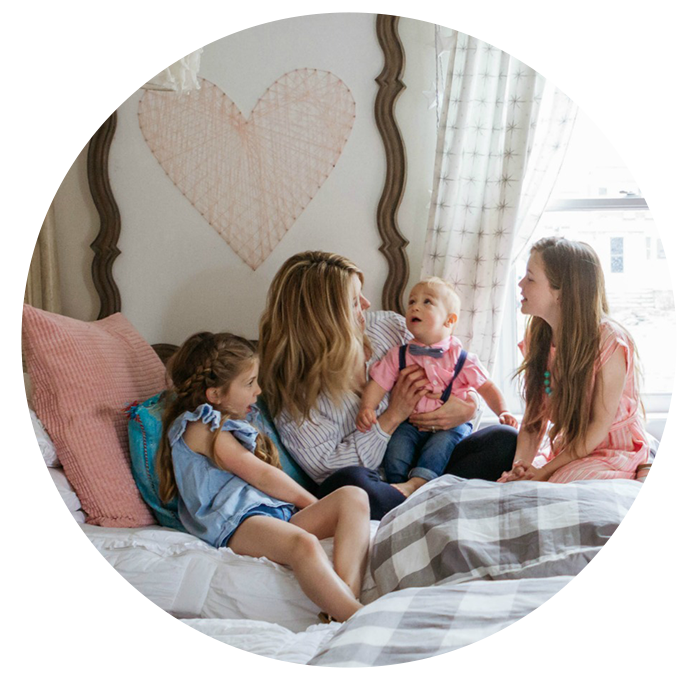
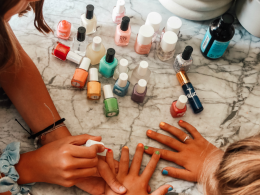
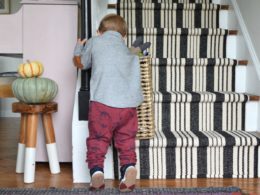
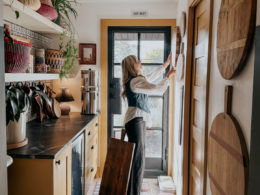
I cannot wait to see how you incorporate meatless Monday !
Great tips! We’re moving towards zero waste and one of our favorite swaps was going to shampoo and conditioner bars. My Ethique conditioner bar is almost a year old, so definitely worth the money and the wrapping is compostable! Lots of Etsy businesses sell shampoo bars too! Thanks for posting this right before Plastic Free July! Dropps has also been one of our favorite and easiest swaps. Don’t forget to try to avoid palm oil in bar soaps when possible too! <3
Thanks for sharing!!!
What are your favorite silicone bags to use? I’ve been thinking of switching away from plastic sandwich bags, but silicone bags can be a little pricey so I am afraid to waste my money on ones that aren’t great.
I have tried several! These are my favorite-
https://rstyle.me/n/dex38bb5qwf
I ordered with the discount. I’m excited to use this product. Thanks Brooke!
LaDawn